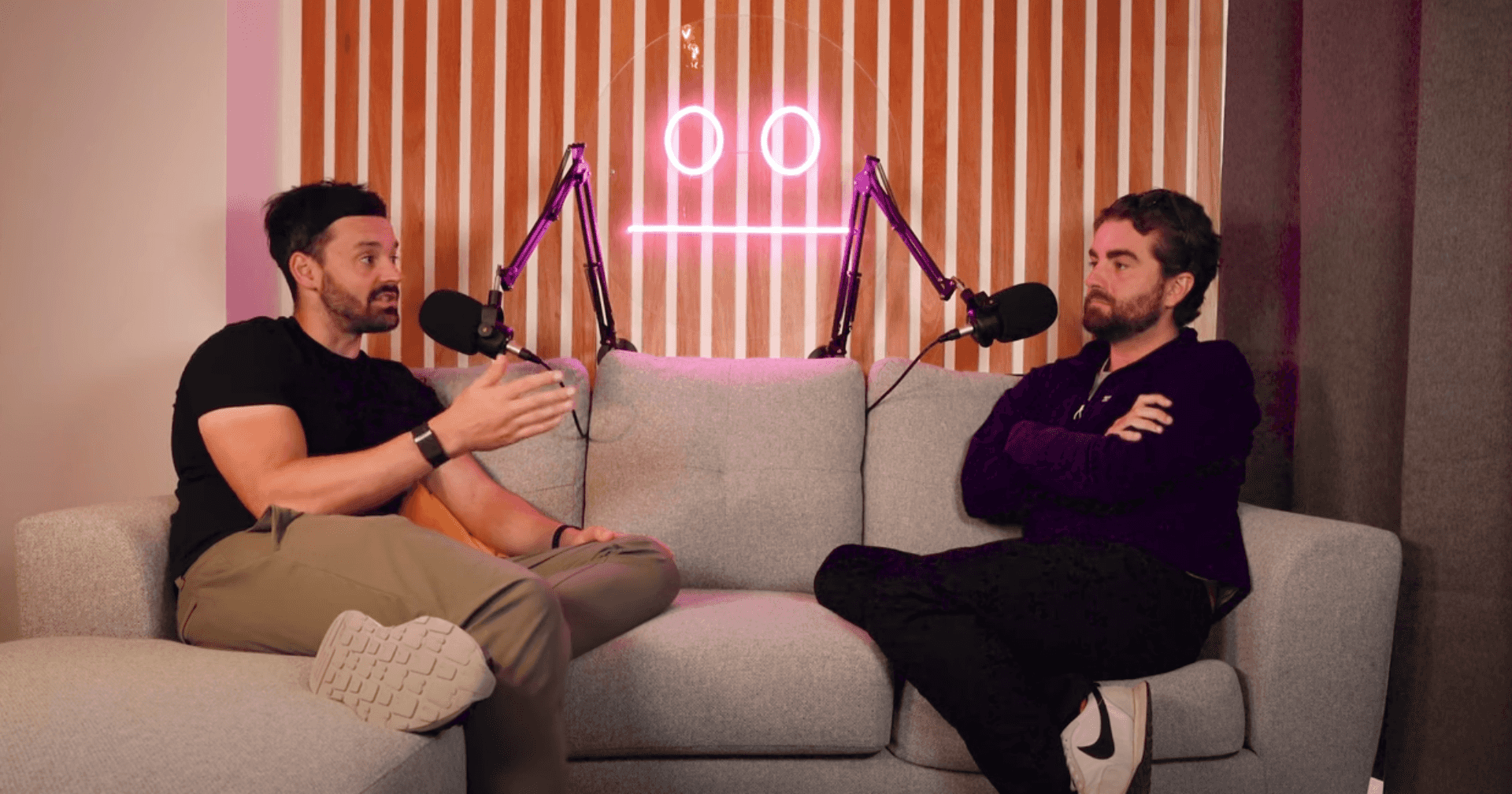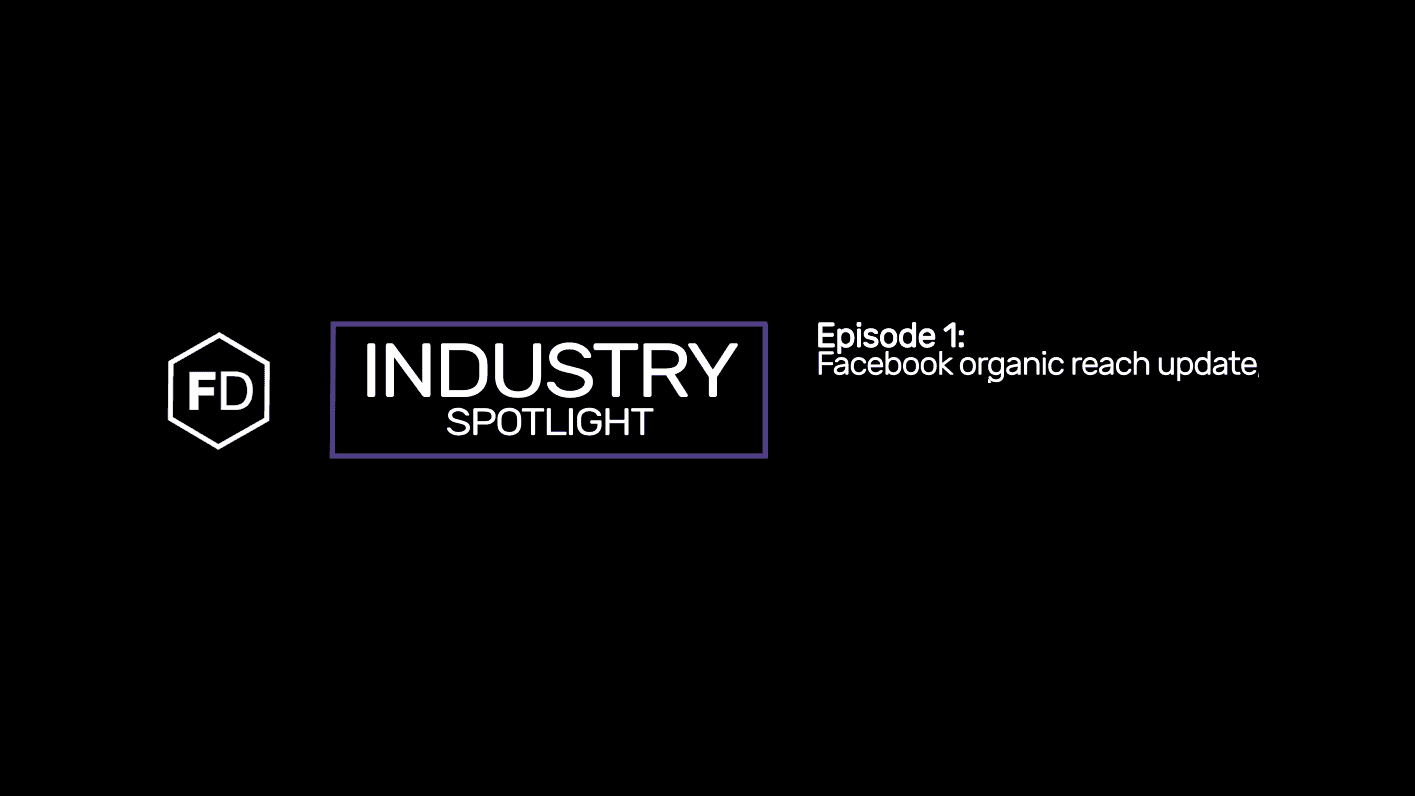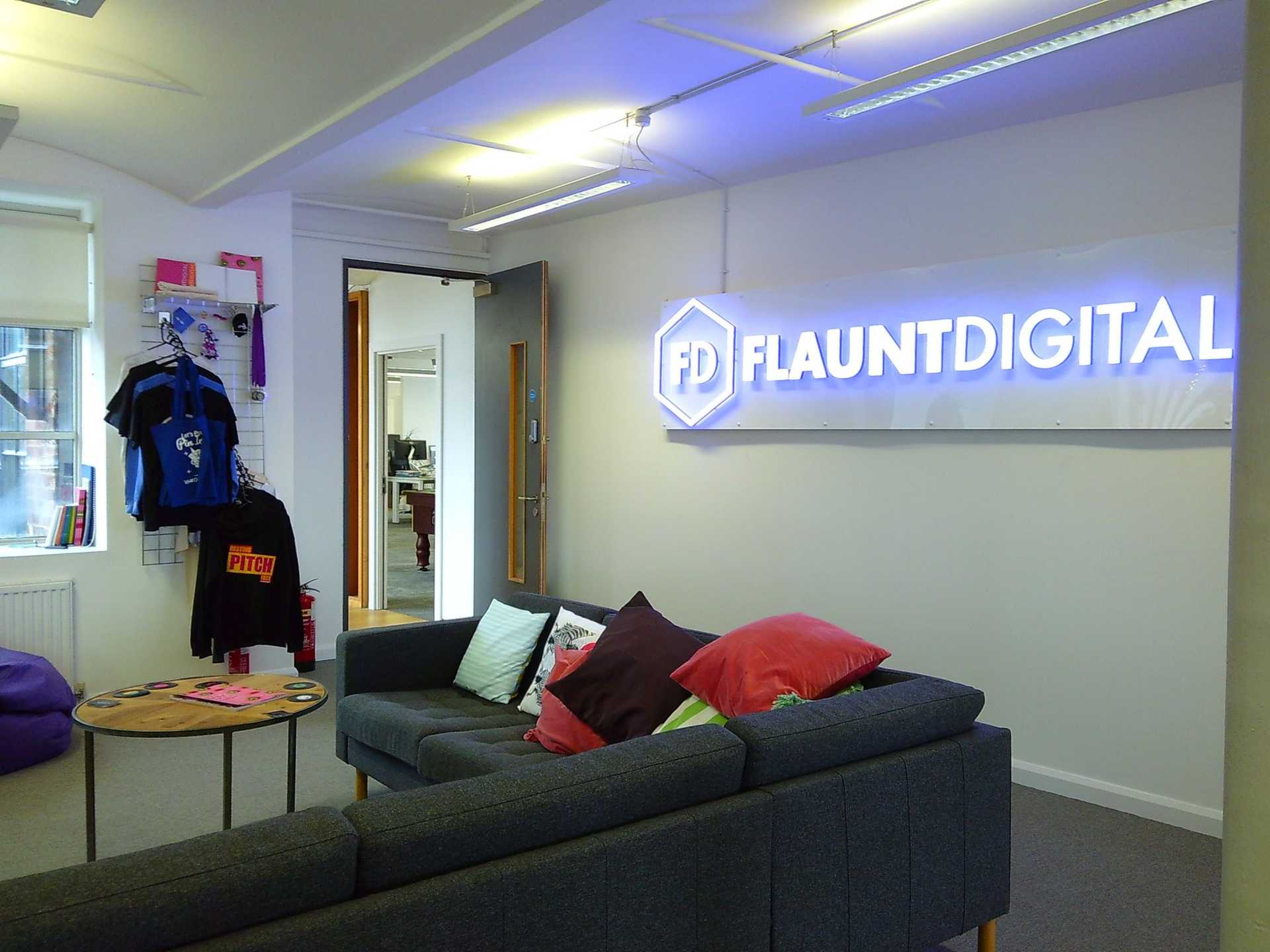
In the first episode of our Industry Spotlight show Lee, Chris & Jamie discuss their thoughts on Facebook’s latest organic reach update. Don’t forget to subscribe to our YouTube channel for all the latest industry news and tips.
See below for the full video transcription.
VIDEO TRANSCRIPTION
Lee: Okay. Hi, guys. Welcome to the first ever Flaunt Digital Industry Spotlight. Today we’re going to discuss some topics in our world that have been in the news. We’re going to kick off with the new Facebook organic reach update and just discuss how that’s going to impact brands and advertisers. I think it’s something that people need to be aware of. It’s going to increase everybody’s costs a little bit. What are your thoughts?
Chris: Yeah. So Facebook have recently announced that they’re changing the way that people are going to see the newsfeed. So basically what it means is that people are going to be prioritized with friends and family content, rather than business content. And there’s a couple of little angles that might change the way that advertisers use it, and obviously it’s going to diminish publishers’ reach.
Jamie: Yeah, it just seems like another way for Facebook to monetize their existing audience and obviously they’ve got tons of enterprise customers now. It just seems like another way of squeezing more money out of everyone really. Which Facebook and Google are obviously going to continue to do as long as they can.
Lee: Yeah. To be fair though, I think Facebook has been underpriced for years. I think the cost of getting your stuff in front of the right people on Facebook has been way underpriced.
Jamie: Now, the tool has come on a lot as well in the last few years. So that means I guess they can charge a bit more and get away with it.
Chris: I think if you consider as well that they’re making most of the revenue from advertising, I don’t believe for one minute there isn’t an angle there to try and boost advertising costs.
Lee: I think it’ll come down to your planning as well. I think historically people have just, influenced by Facebook as well, have just boosted posts or gone after general audiences. I think now the capability allows you to really target your media and plan it properly. So I think they’re bolstering that by making brands pay for it.
Chris: I think it’s going to be a bit problematic for publishers really because they’ve got used to this referral organic traffic for so long now that it’s going to have a real impact on, you know, who sees their content. I think what’ll happen is even publishers may end up investing in advertising.
Jamie: Do you think Twitter will follow a similar route to this in terms of how they distribute publishers’ content?
Lee: I think, yeah, I think all platforms that have got attention will probably go the same way. I think they’ll label it as improving it for their users but in the back of their mind, there’s more revenue for those guys.
Jamie: It is true though that end users get ads all over the place now. Back in the day before this stuff was prevalent it was, you know, just a chronological feed of what your mates were up to, but now it’s a big ad platform.
Chris: Well, it’s Facebook that spun it a bit as it sort of being quite innocent. They’ve said they want to create more communication and interaction with friends and family. But I really don’t think the underlying tone is that, to be fair. I think what it will mean is as well because there’s less space for advertisers to show their ads, if there’s less publisher video content, for example, there’s less pre-roll ads. So there’s going to be more competition and a higher auction price for Facebook.
Lee: So overall, you’re going to have to pay more.
Jamie: Inevitable really in this day and age.
Lee: Yeah.
Jamie: People are still going to want to pay for it and yeah that’s what happens.




